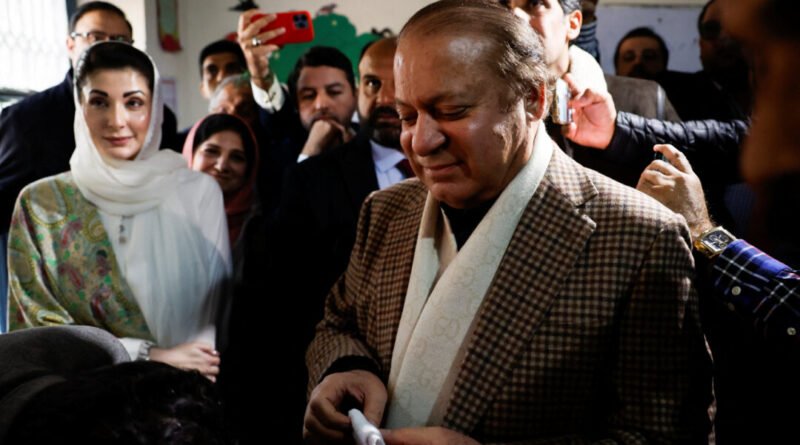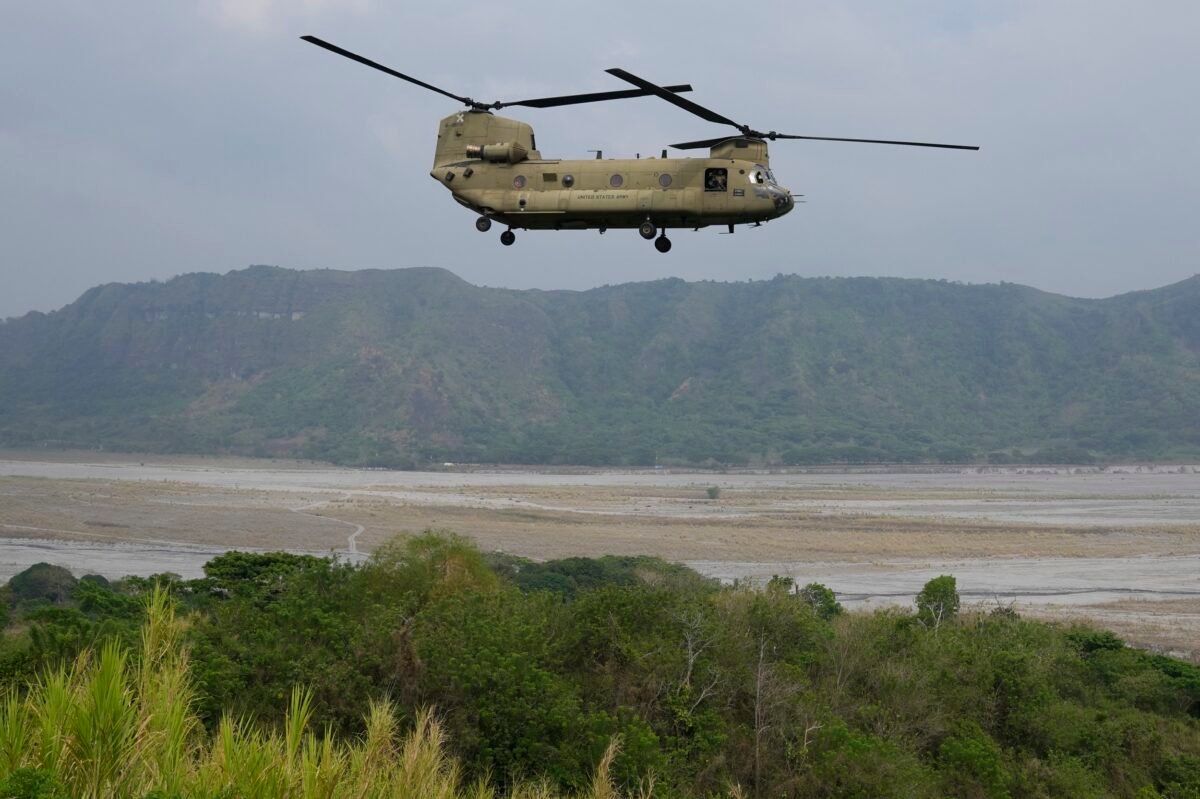Experts Discuss the Challenges Faced by the Coalition Government in Pakistan After a Tightly Contested Election
Analysts are concerned about the current political situation as it may lead to a period of unrest, protests, and heightened instability, and could pose future geo-political challenges.
Pakistan, located strategically in the Middle East and South Asia, is facing indecisive election results. The lack of a majority in the new parliament requires opposing political parties to come together to form the next government.
The electoral process was marred by allegations of rigging, resulting in independent candidates aligned with Imran Khan’s Pakistan Tehreek-e-Insaf (PTI) party winning the most seats. The Pakistan Muslim League-Nawaz (PML-N), the Pakistan People’s Party (PPP), and the Muttahida Qaumi Movement (MQM) followed.
Nevertheless, the PML-N’s Shehbaz Sharif, brother of Nawaz Sharif, is set to form the next government after forming an alliance with other major political parties, despite former Prime Minister Imran Khan warning against the move.
Mr. Khan’s party faced challenges during the polls due to leadership imprisonment and political rivalry with the country’s powerful military. The recent unstable events have cast a shadow on geopolitics, raising concerns about potential political uncertainty in the new government. It is believed that the government might struggle with internal political issues, diverting attention from economic and strategic challenges.
Amid this, the situation is considered both an opportunity and a challenge in the country’s democratic history. On the international front, experts fear that a coalition government would lead to increased political uncertainty, potentially hindering the government’s ability to tackle economic concerns.
A coalition government could bring stability to Pakistan, crucial for its economic recovery and geopolitical positioning in a region affected by internal terrorism and except for China, tense relationships with its neighbors India, Iran, and Afghanistan. However, the more pressing economic matter is the revival of the national economy, essential for the resolution of other issues.
According to Southeast Asia expert Aparna Pande, Pakistan requires a stable polity and consistent economic policy to prevent recurring economic crises. Ms. Pande, a research fellow at the Washington-based Hudson Institute further added that Pakistan will need a new loan from the International Monetary Fund (IMF) and support from the United States, China, and Gulf Powers.
The issues of strategic instability and a lack of coherent foreign policy also raise concerns among geopolitical experts. The current political situation will likely lead to increased unrest, further protests, and greater instability.
Pakistan’s election outcome will significantly influence its future relations with other countries, particularly with its neighbors. Both Pakistan’s internal security and its foreign relations are envisaged to face critical challenges, particularly in a context marked by tensions with Iran, India, and Afghanistan, along with intense scrutiny from China.






